The Deindustrialization of DC
Between January and May this year, more than 260,000 U.S. federal government workers have either been laid off, taken early retirement, or accepted buyouts. Thousands more are losing jobs as the Trump administration slashes research grants and funding for social services and non-profits. While the cuts affect people across the country and the world, they hit especially hard in Washington, D.C., where the federal government has always been the largest employer. As the Axios news service put it, the Trump administration is “downsiz[ing] the capital city’s big factory.”



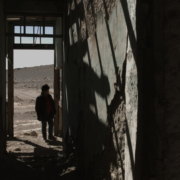 Figure 1. Buenaventura, Ollagüe, Chile. © Alto Cielo Archaeological Project
Figure 1. Buenaventura, Ollagüe, Chile. © Alto Cielo Archaeological Project
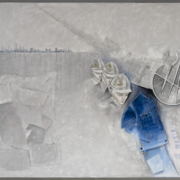

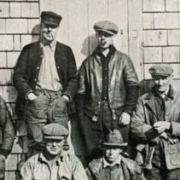 Cindy Follett Guldemond (Stonington: Fowler Road Press, 2012).
Cindy Follett Guldemond (Stonington: Fowler Road Press, 2012).
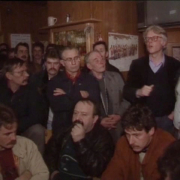 Photo: Alusuisse workers meet in Steg, January 1993 (Schweizer Fernsehen DRS, 27.1.1993
Photo: Alusuisse workers meet in Steg, January 1993 (Schweizer Fernsehen DRS, 27.1.1993
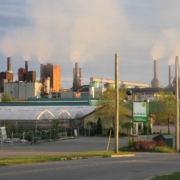 Bouchecl, Wikimédia, Creative Commons Attribution-Share Alike license
Bouchecl, Wikimédia, Creative Commons Attribution-Share Alike license
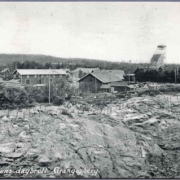 Source: Store Norske Leksikon
Source: Store Norske Leksikon Tenby, South Wales. Wikicommons. Used under a Creative Commons Attribution-Share Alike 4.0 International license.
Tenby, South Wales. Wikicommons. Used under a Creative Commons Attribution-Share Alike 4.0 International license. 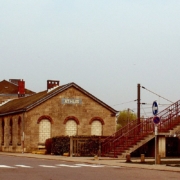
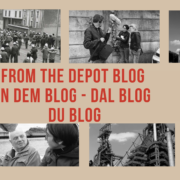
 Author's own
Author's own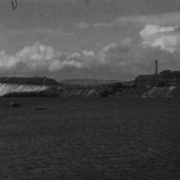
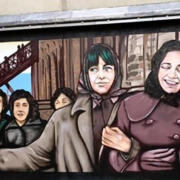 Mural in the Craft Village, Derry depicting Tillie and Henderson’s factory workers linking arms on their walk home from work. Photo: Naomi Petropoulos
Mural in the Craft Village, Derry depicting Tillie and Henderson’s factory workers linking arms on their walk home from work. Photo: Naomi Petropoulos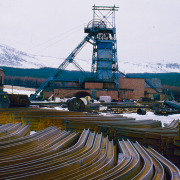 Tower Colliery, December 1982. Photo: John Podpadec.
Tower Colliery, December 1982. Photo: John Podpadec. 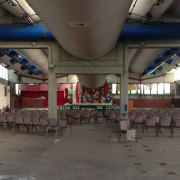 Abandoned workers' council assembly hall in a Porto Marghera chemical factory, 2017. Photo: Gilda Zazzara.
Abandoned workers' council assembly hall in a Porto Marghera chemical factory, 2017. Photo: Gilda Zazzara.
